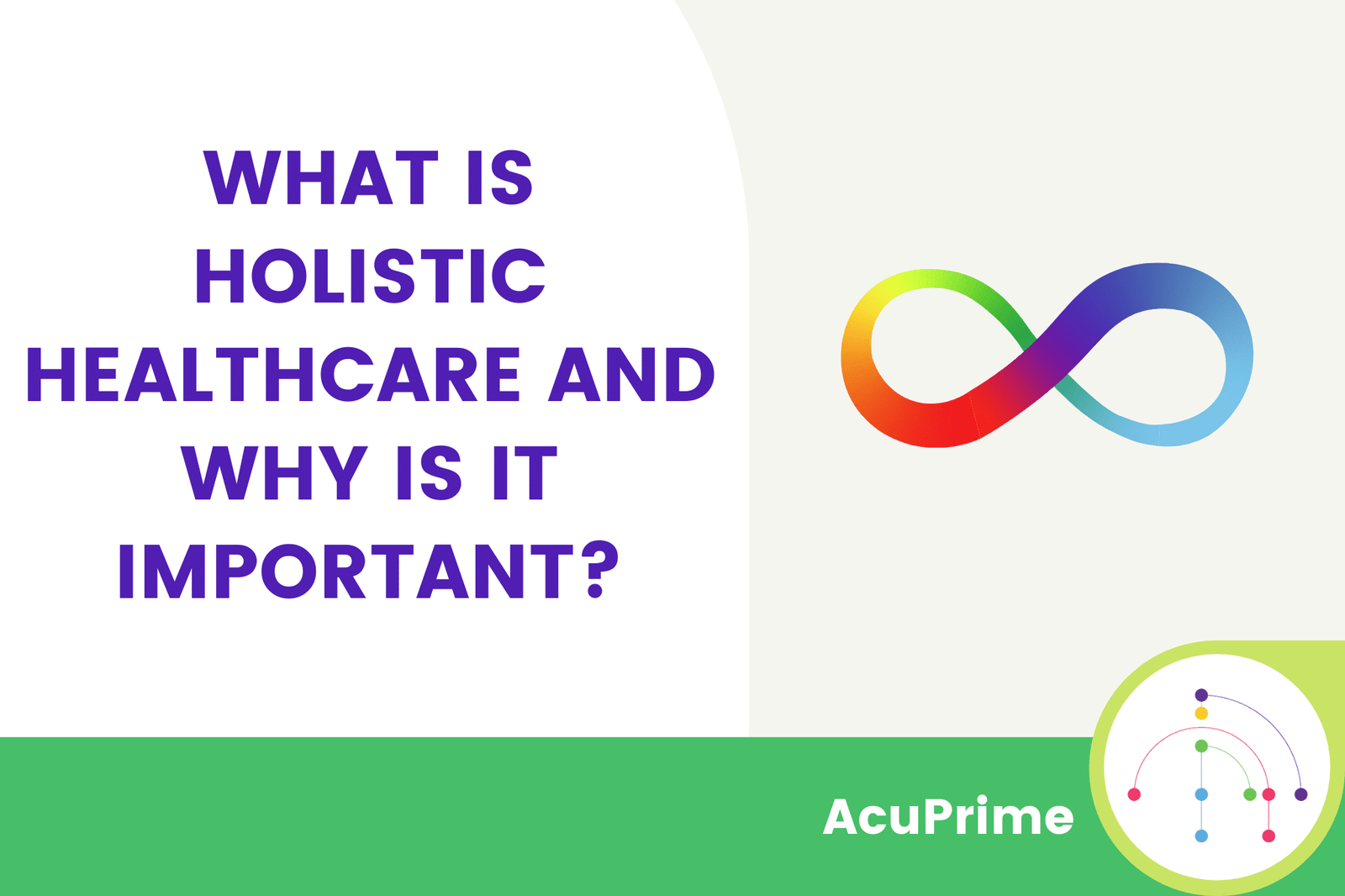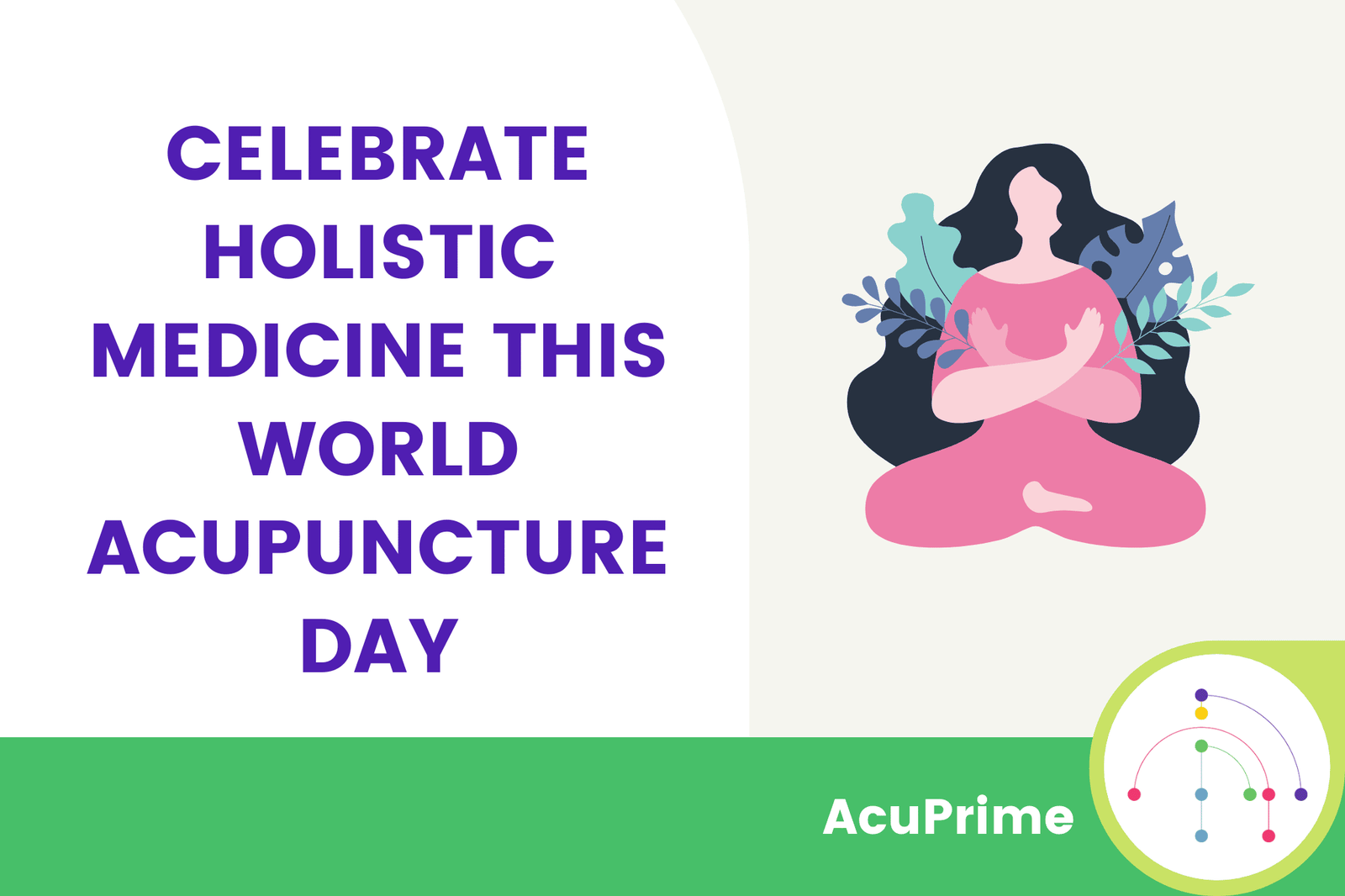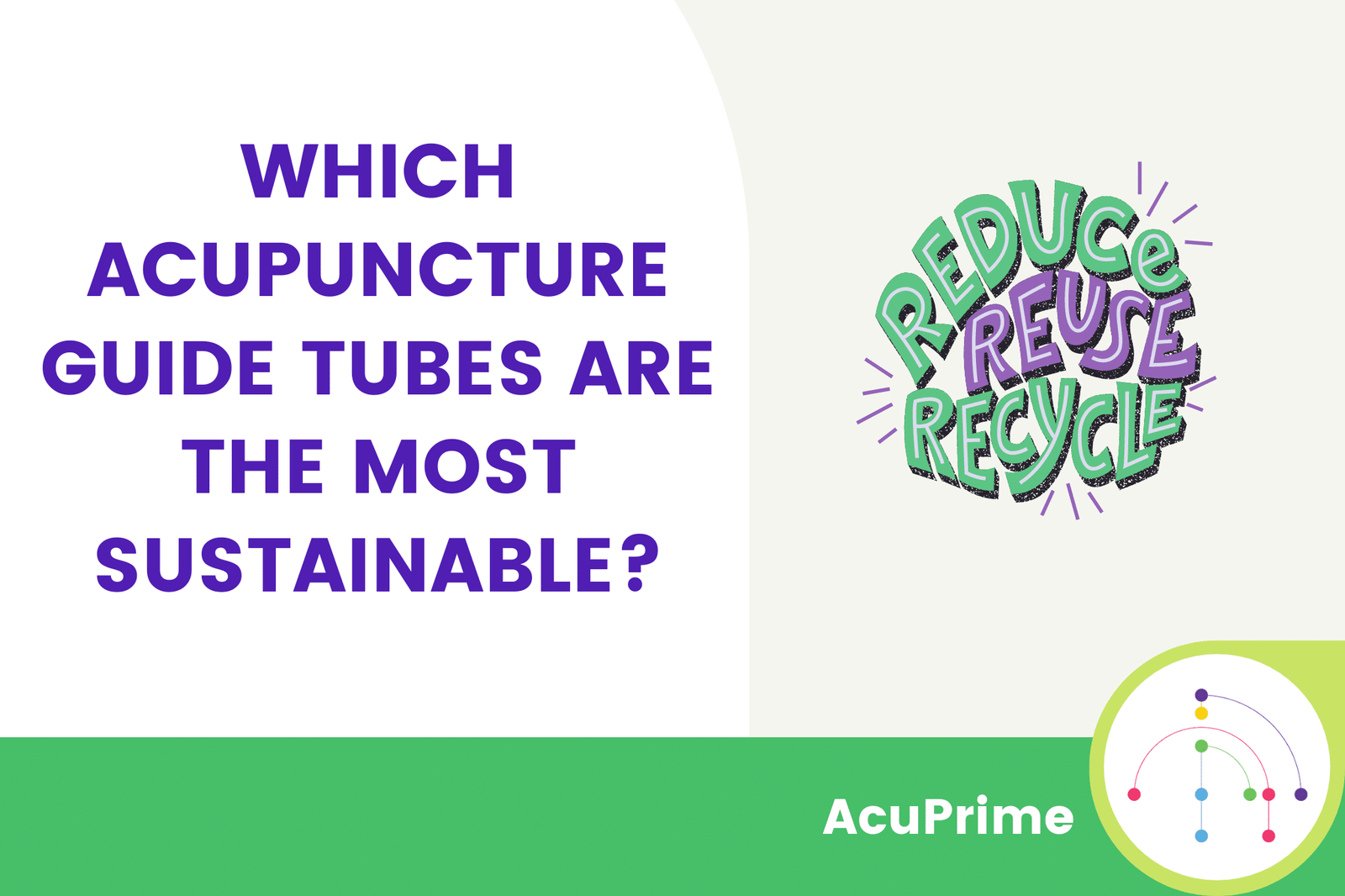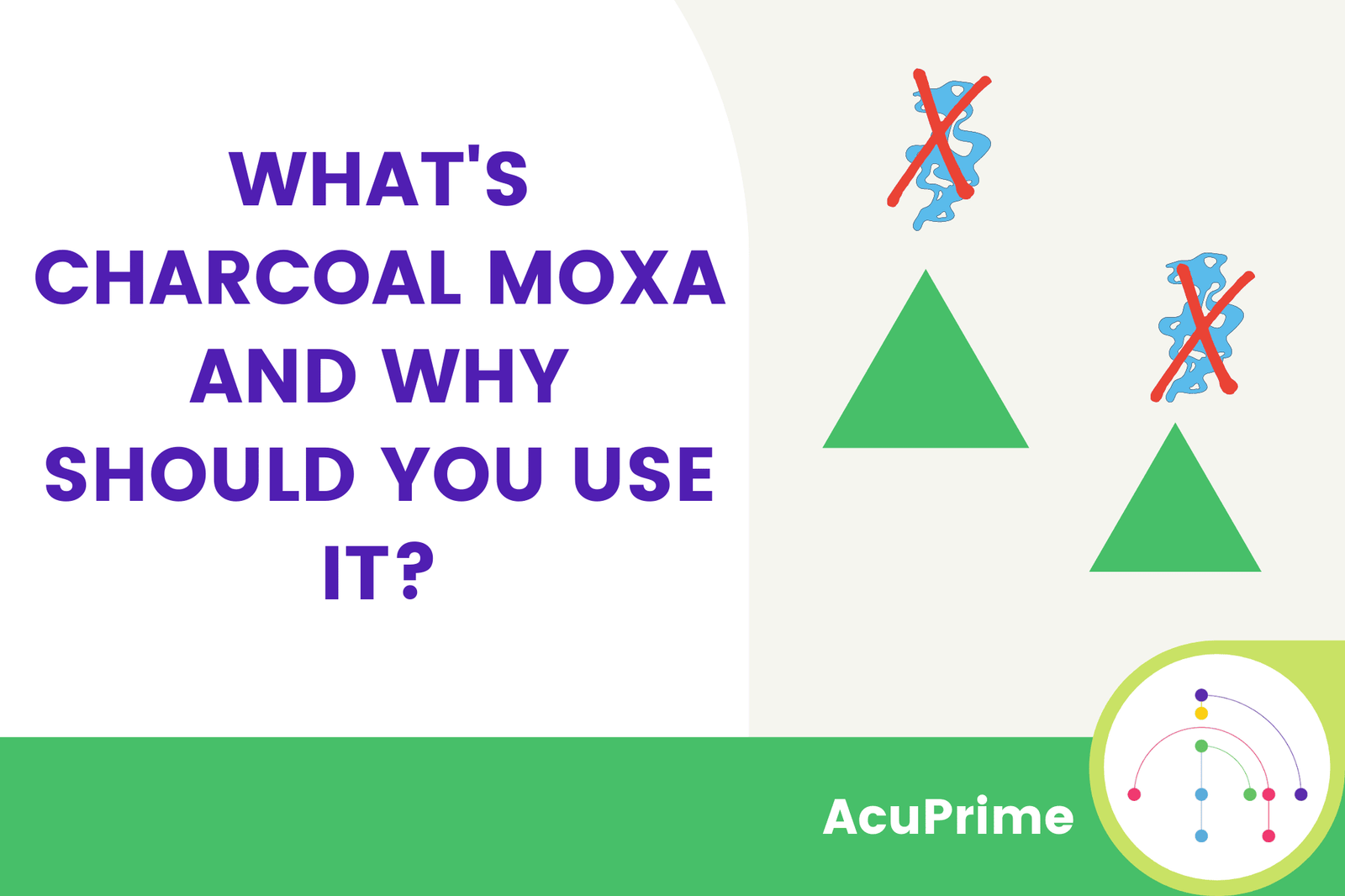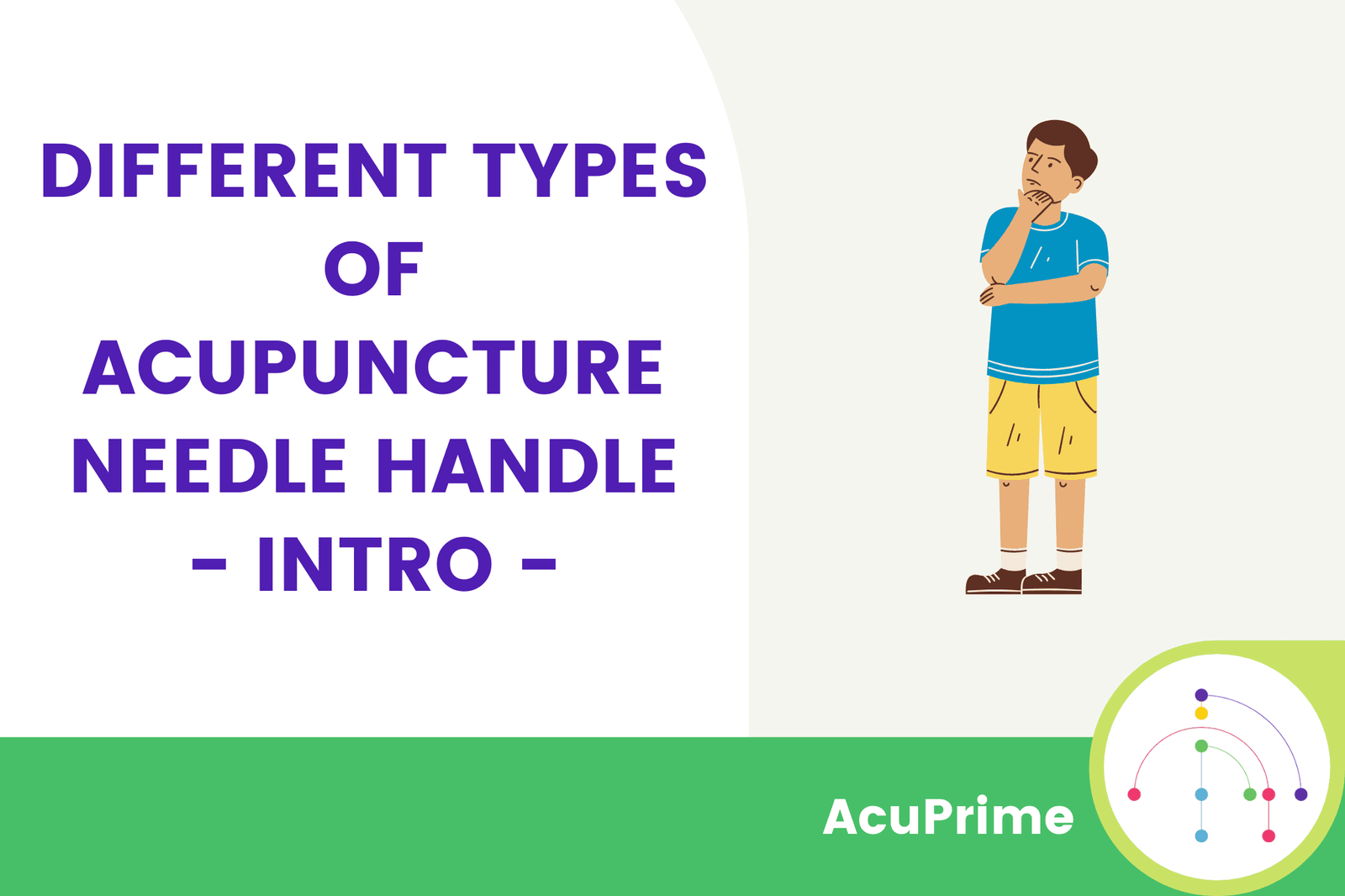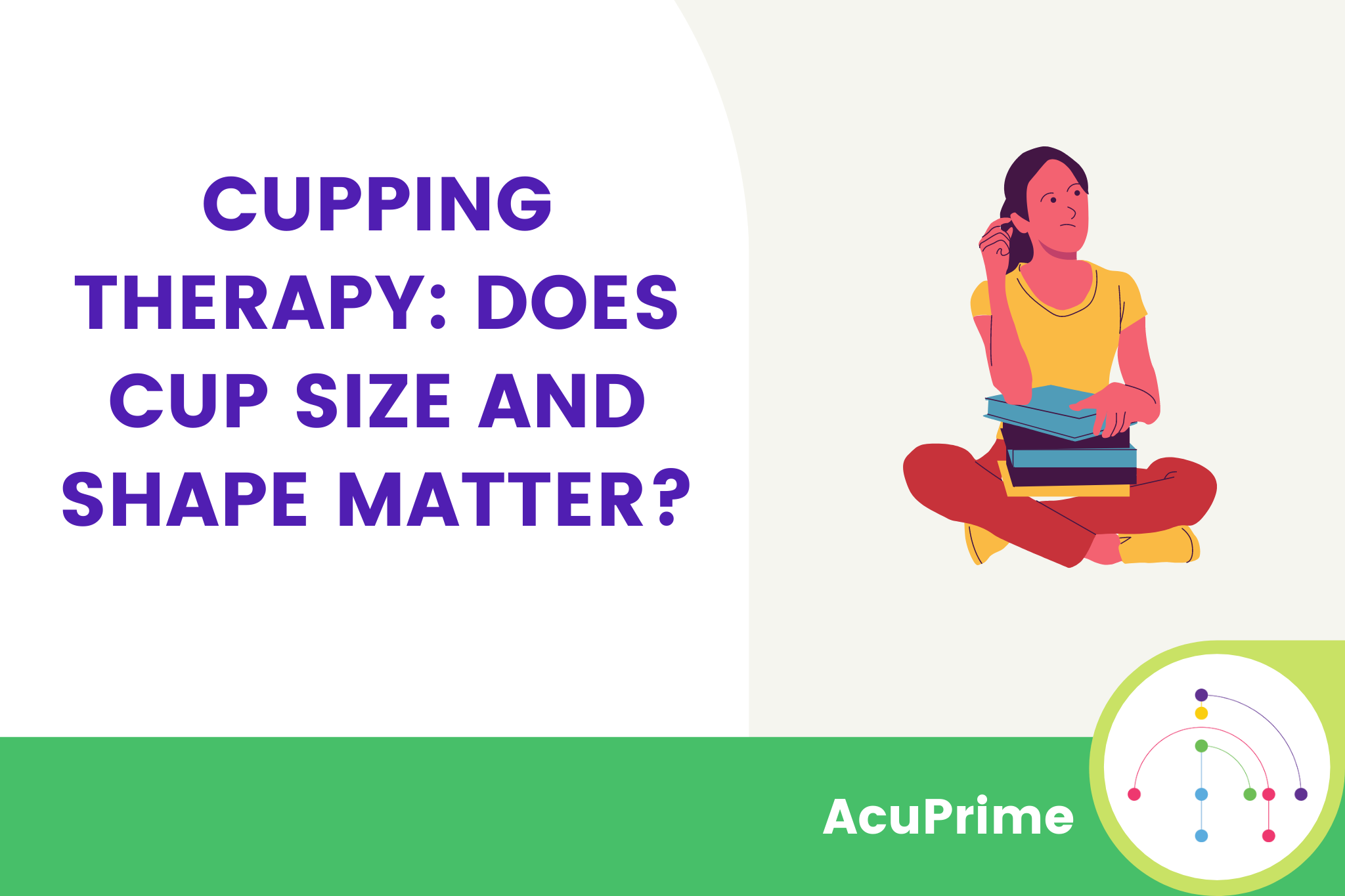A human is more than just a framework of organs, bones, muscles, nerves and vessels. The emotional, psychological, social and spiritual wellbeing of an individual holds equal importance as physical health, and makes up the foundation of human existence. A holistic approach to healthcare is an important step in promoting the overall wellbeing of the patients and helping people in exploring different modalities of treatment.
What is meant by ‘Holistic Health’?
Holistic health can be defined as the healing of body, mind and spirit as a whole. Holistic health is a multidimensional approach to a person’s wellbeing and comprises the following components.
-
Physical
Physical health is the key component of the clinical healthcare system. Healthy habits and regular clinical checkups are important to supporting and maintaining physical wellbeing. Healthy habits include adequate sleep, a nutrient-rich diet, regular exercise and minimal alcohol intake.
-
Emotional
Emotional stability is the key to a healthy mind, soul, and body. Being mindful, reducing stress and approaching a therapist when needed is important for attaining this emotional stability.
-
Mental/Psychological/Intellectual
Mental and physical health share a reciprocal relationship. Mental health affects your intellectual, decision-making and problem-solving abilities. Emotional stability and good physical health ensure a healthy mind.
-
Social
The social aspect of holistic health describes the well-being of an individual in a community setting. How a person interacts with others and the nature of these interactions determine the overall health of an individual.
-
Spiritual
Spiritual health often overlaps with religious practices and connection with God but can also be non-religious in nature. Spiritual health is a bridge between you and the external world. Spiritual health helps to bring about inner peace and potentiates.
In contrast to pure clinical practice, holistic health is based on the following key principles:
- Every individual possesses healing powers.
- A patient is a person first and should not be considered a disease.
- The healing process should incorporate all aspects of holistic health.
- Treatment should cure the underlying cause and not just relieve the symptoms.
Alternative Medicine and Holistic Healthcare
While the conventional clinical practice has cured infinite disorders and devised treatments for many otherwise untreatable diseases, a holistic approach to healthcare provides even further benefits to different aspects of health – physical, mental, social, emotional and spiritual. Several conventional and alternative medicine (CAM) techniques apply the principles of holistic healthcare to provide broad-spectrum benefits.
-
Acupuncture
Acupuncture is a CAM form that originated in China. It involves the insertion of needles on acupuncture points along the meridian or energy flow channels. Acupuncture promotes the balance of energy within the body and reduces pain and stress. This helps improve the mental, physical and emotional health of an individual.
-
Yoga
Yoga aligns your mind and body in unison which brings about equilibrium in your mental, physical, spiritual and emotional wellbeing. Yoga promotes mindfulness and enables a person to have greater control over thoughts, breathing and numerous body functions.
-
Ayurveda
Ayurveda is a way of life that focuses on attaining a balance between mind, body and spirit to promote good health. The principle of Ayurveda can be described as a set of five key elements that determine overall wellbeing. These elements, or doshas, are water, air, fire, space and earth.
-
Massage
In this technique, soft tissues are kneaded, stroked and manipulated by different hand strokes with varying pressure. This improves blood flow, nourishes the body tissues and relieves muscle spasms often associated with stress.
-
Chiropractic
A chiropractor employs different techniques to manipulate the musculoskeletal system. This form of CAM provides long-term relief from chronic pain which affects a significant percentage of people and leads to a deteriorating the quality of life.
Why Take a Holistic Approach to Healthcare?
A holistic model of the healthcare system is imperative for addressing the root cause of the problem rather than alleviating the complaints and symptoms associated with the problem. While the clinical aspect of healthcare focuses on treating the disease in the moment, holistic healthcare relies on the prevention of diseases and achieving an equilibrium between mind and body.

